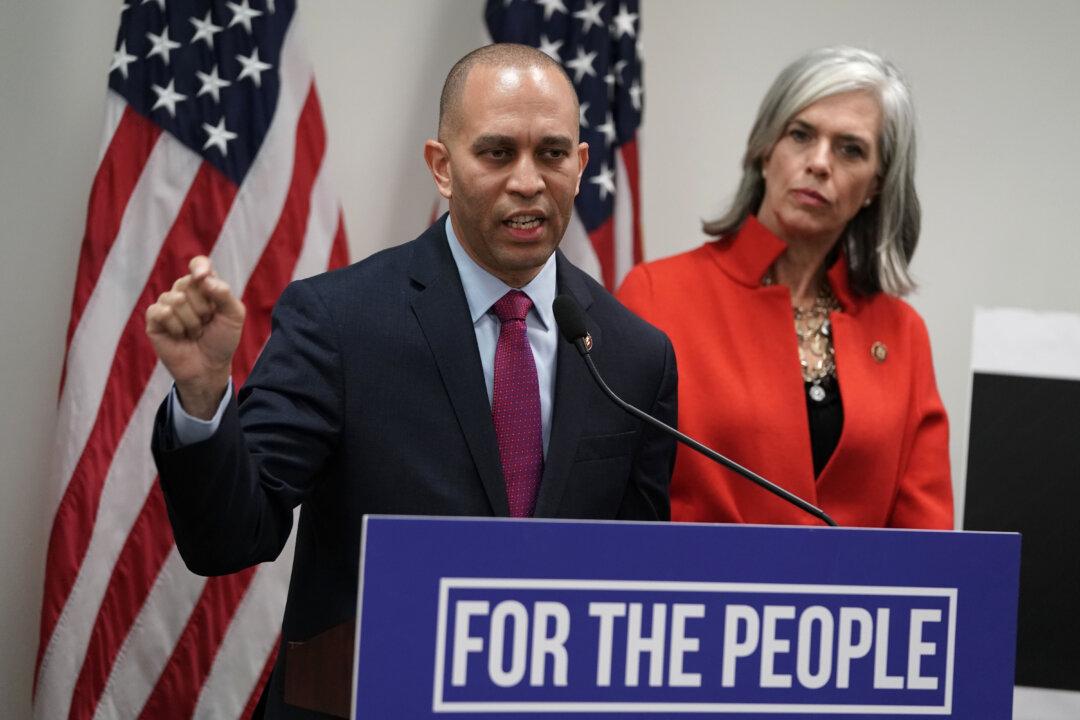Now months off-schedule for a vote on President Joe Biden’s legislative agenda—comprised of the $1.2 trillion infrastructure bill and the $3.5 trillion budget bill—Democratic leaders downplayed ongoing divisions in their caucus over climate policy.
Ideological disagreements among members have plagued Democratic efforts for months. Most notably, splits among congressional moderates and progressives rage on as both threaten to tank the other’s agenda.





